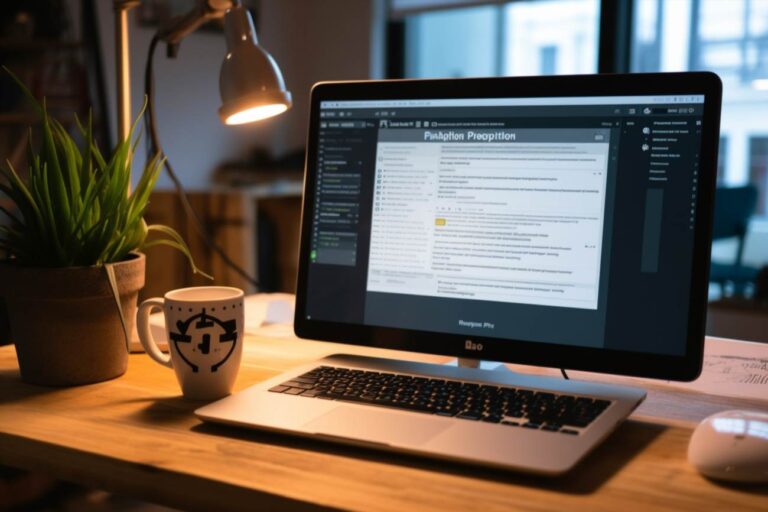WordPress and PHP 8 Compatibility have become crucial topics for web developers and website owners as the web ecosystem evolves. In this article, we will explore the intricacies of WordPress and its compatibility with PHP 8, shedding light on why this issue matters and how to ensure a seamless transition to this new PHP version.
Understanding the significance
As of late, PHP 8 has been making waves in the web development community. It comes with numerous performance improvements, enhanced security features, and new language enhancements. This presents an opportunity for WordPress users to take advantage of the latest technology, but it also raises concerns about compatibility issues.
Challenges faced
While the benefits of PHP 8 are enticing, compatibility issues may arise when WordPress is not updated to support this new version. WordPress plugins and themes may not function correctly, leading to broken websites and frustrated users. It’s crucial to address these challenges for a smooth transition.
Plugin and theme compatibility
Many WordPress websites rely on various plugins and themes to extend functionality and improve the overall design. With PHP 8 compatibility, these extensions must be thoroughly tested and updated to ensure they work seamlessly with the new PHP version. Otherwise, conflicts can disrupt the site’s performance.
Deprecated functions
PHP 8 deprecates some functions and features that were present in previous versions. WordPress developers need to identify and replace these deprecated functions in their codebase to avoid errors and vulnerabilities. Regular code audits are crucial in this regard.
Performance optimization
One of the primary reasons to consider WordPress PHP 8 compatibility is performance. PHP 8 offers significant speed improvements, which can lead to faster page loading times. However, to fully benefit from this, developers should optimize their WordPress code for PHP 8 to take full advantage of its speed enhancements.
Ensuring compatibility
Now that we’ve highlighted the importance and challenges of WordPress and PHP 8 compatibility, let’s discuss how to ensure a smooth transition:
| 1. Keep WordPress Core Updated |
|---|
| Regularly update your WordPress core to the latest version to leverage the latest compatibility improvements and security fixes. |
| 2. Update Plugins and Themes |
| Ensure that all your plugins and themes are PHP 8 compatible by keeping them updated or seeking alternatives. |
| 3. Test Your Code |
| Perform comprehensive testing of your custom code and themes to identify and address compatibility issues with PHP 8. |
Faqs
1. is it mandatory to upgrade to php 8 for my wordpress site?
While it’s not mandatory, upgrading to PHP 8 is highly recommended for better performance and security. However, make sure your plugins and themes are compatible.
2. what if my plugins or themes are not php 8 compatible?
If your plugins or themes are not PHP 8 compatible, consider seeking alternatives or reaching out to the developers for updates. It’s essential to address compatibility issues promptly.
3. how can i optimize my wordpress site for php 8 performance?
To optimize your WordPress site for PHP 8 performance, review and enhance your custom code, ensuring it takes full advantage of PHP 8’s speed improvements. Regularly monitor your site’s performance to identify areas for improvement.
Ensuring WordPress PHP 8 compatibility is crucial for keeping your website secure and delivering an optimal user experience. By staying updated and addressing compatibility challenges, you can take full advantage of the enhancements offered by PHP 8 while maintaining the stability of your WordPress site.
Siehe auch:




